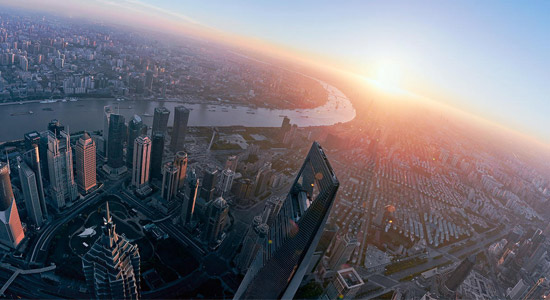-
Home Page
-
About UsCompany ProfileCorporate CultureQualifications And Honors
Yantai Hailin building materials Co., Ltd., located in Beili Industrial Park, Zhiguo District, Yantai City, is a long-term commitment to the field of safety, engaged in the research and development, production, sales and service of fire-resistant glass monolithic, fire-resistant insulating glass, fire-resistant bridge aluminum alloy doors and windows, fire-resistant aluminum clad wood doors and windows, fire-resistant glass partition.

-
Product CenterFireproof GlassChemically Toughened GlassEnergy saving doors and windows
Specialized in: fireproof glass, single piece fireproof glass, laminated fireproof glass, hollow fireproof glass, Low-E coated fireproof glass, composite heat insulation fireproof glass, cesium potassium fireproof glass, toughened fireproof glass, bulletproof fireproof glass, baking fireproof glass, fireproof glass window, fireproof glass door, fireproof glass curtain wall, fireproof glass partition.

-
News CenterCompany NewsIndustry Trends
Focus on Hailin news, be familiar with the industry trends, and understand the Hailin information around you

-
Burning Test
-
Contact US

Current Location:Home Page - Product Display - Fireproof glass -
